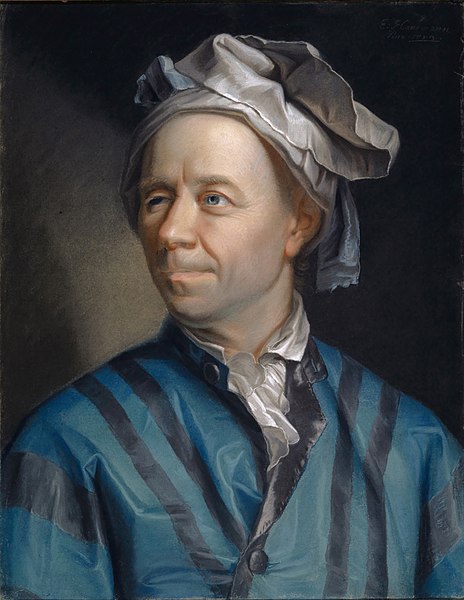Complex analysis, traditionally known as the theory of functions of a complex variable, is the branch of mathematical analysis that investigates functions of complex numbers. It is helpful in many branches of mathematics, including algebraic geometry, number theory, analytic combinatorics, and applied mathematics, as well as in physics, including the branches of hydrodynamics, thermodynamics, quantum mechanics, and twistor theory. By extension, use of complex analysis also has applications in engineering fields such as nuclear, aerospace, mechanical and electrical engineering.
Augustin-Louis Cauchy, one of the founders of complex analysis
Number theory is a branch of pure mathematics devoted primarily to the study of the integers and arithmetic functions. German mathematician Carl Friedrich Gauss (1777–1855) said, "Mathematics is the queen of the sciences—and number theory is the queen of mathematics." Number theorists study prime numbers as well as the properties of mathematical objects constructed from integers, or defined as generalizations of the integers.
The distribution of prime numbers is a central point of study in number theory. This Ulam spiral serves to illustrate it, hinting, in particular, at the conditional independence between being prime and being a value of certain quadratic polynomials.
The Plimpton 322 tablet
Leonhard Euler
"Here was a problem, that I, a ten-year-old, could understand, and I knew from that moment that I would never let it go. I had to solve it." —Sir Andrew Wiles about his proof of Fermat's Last Theorem.





